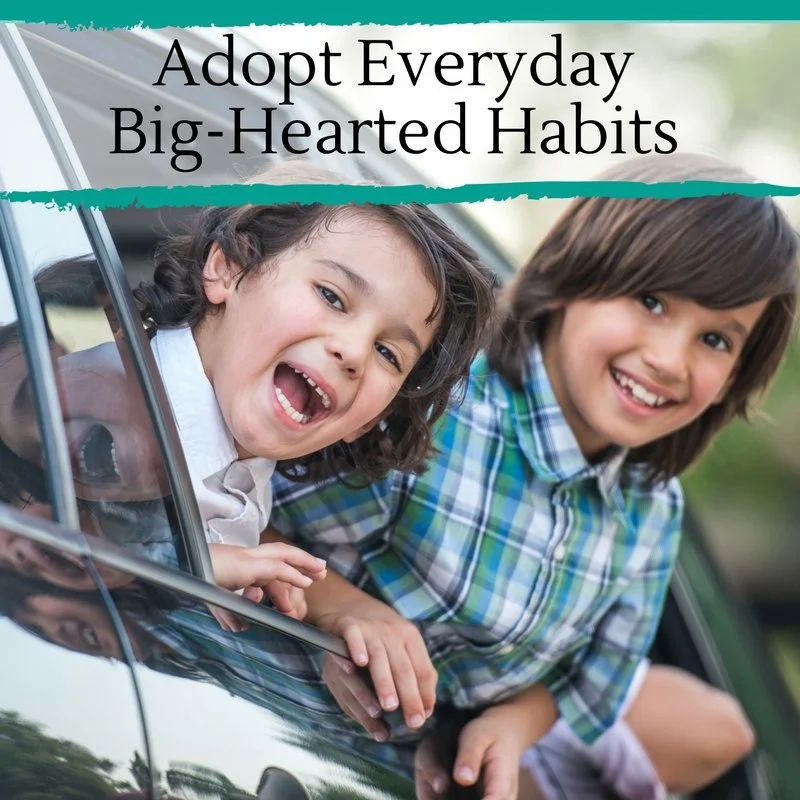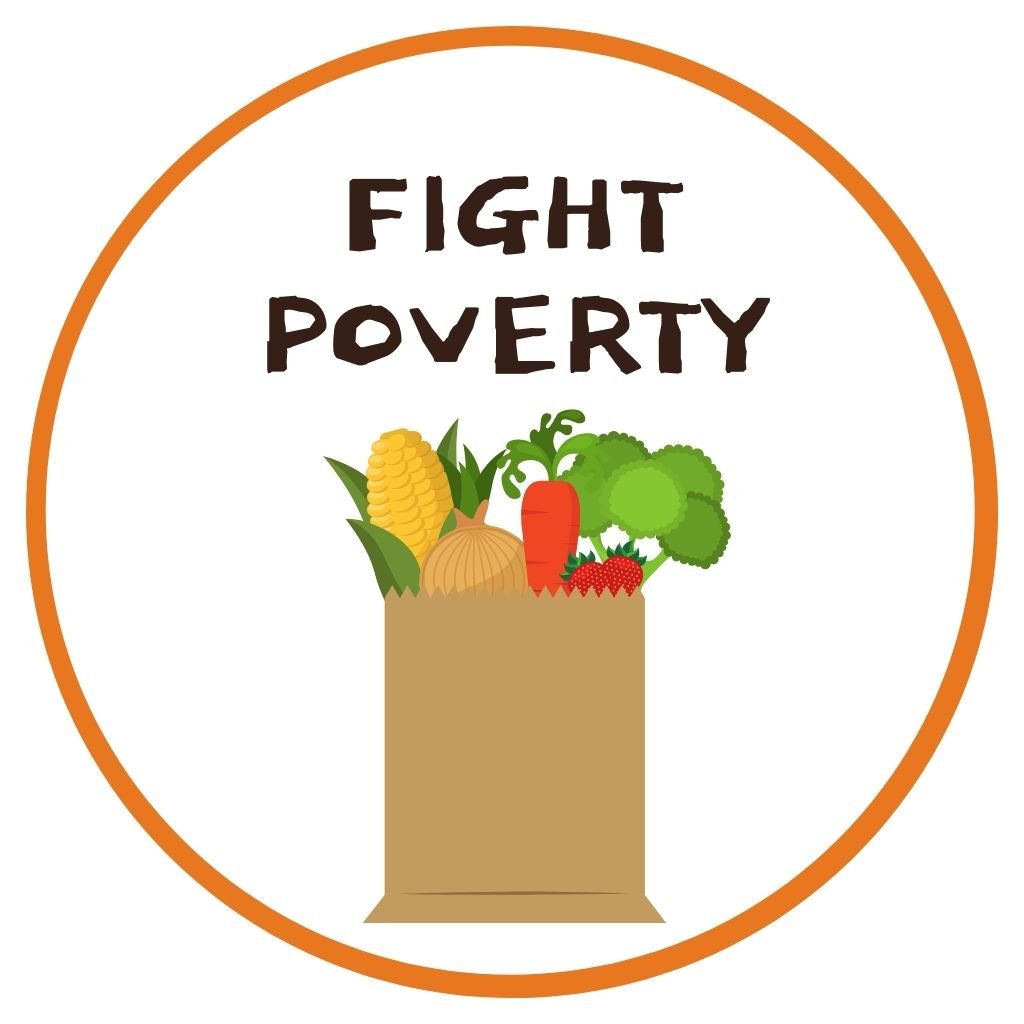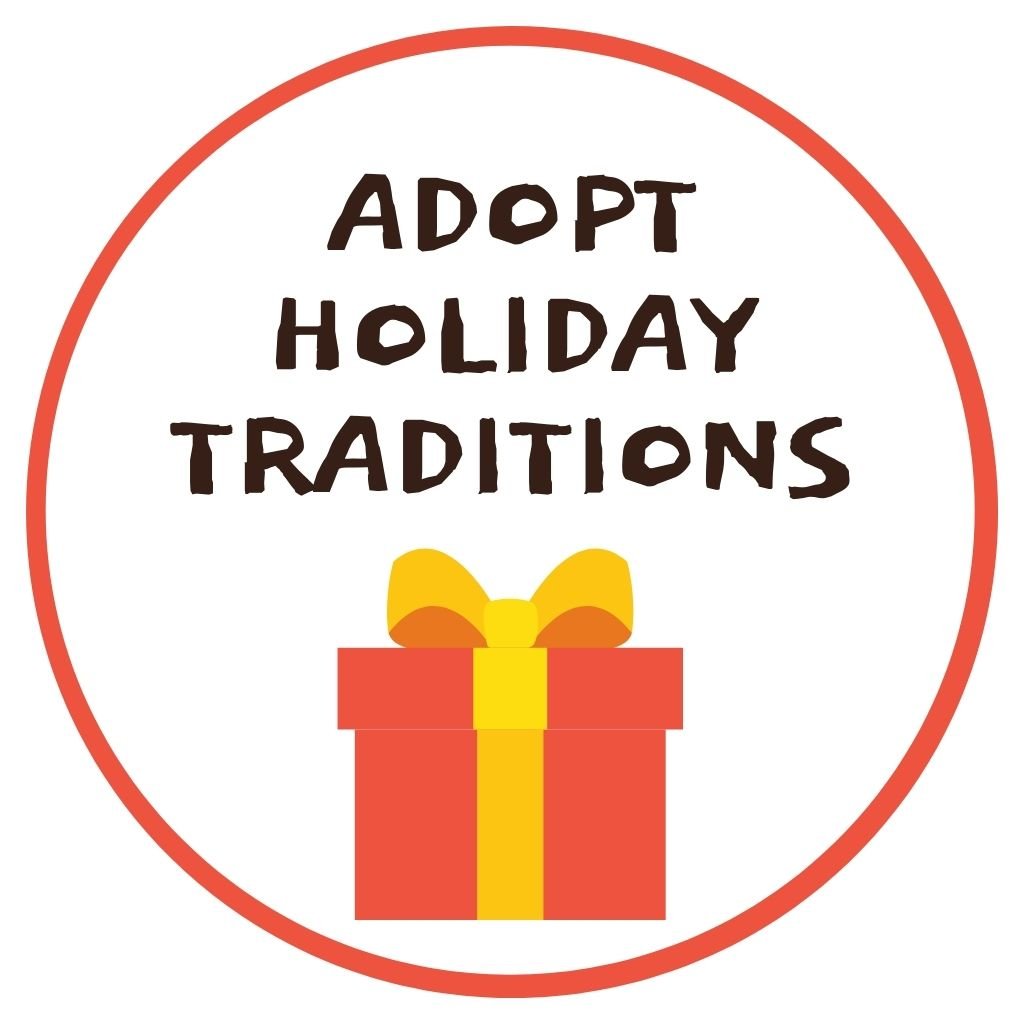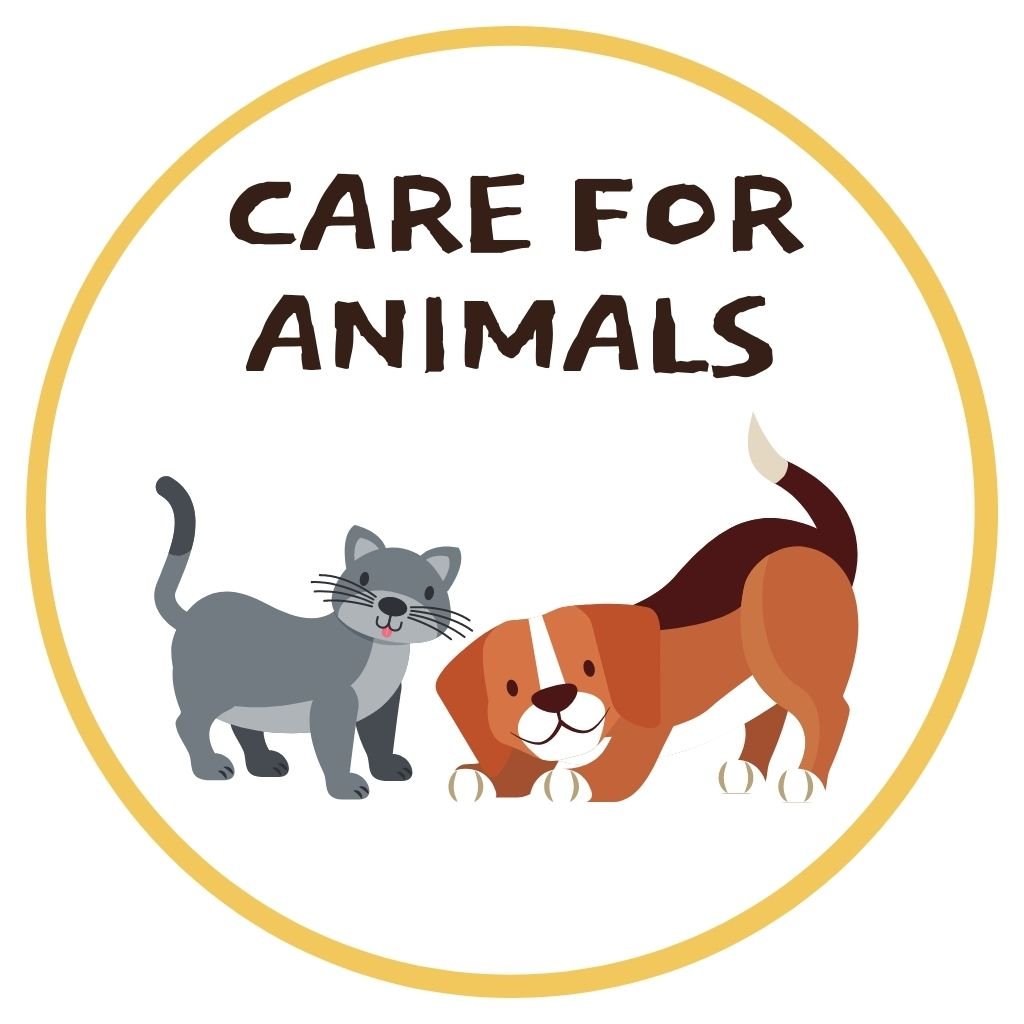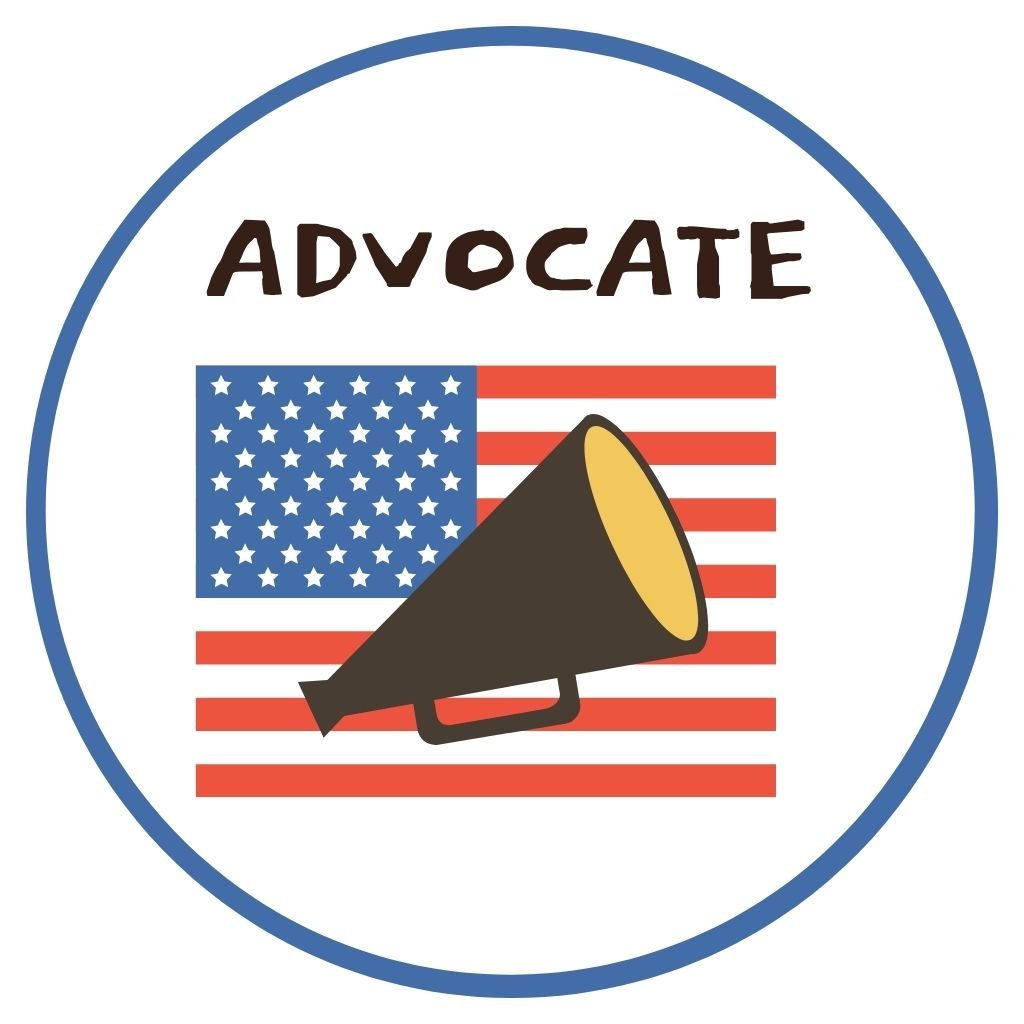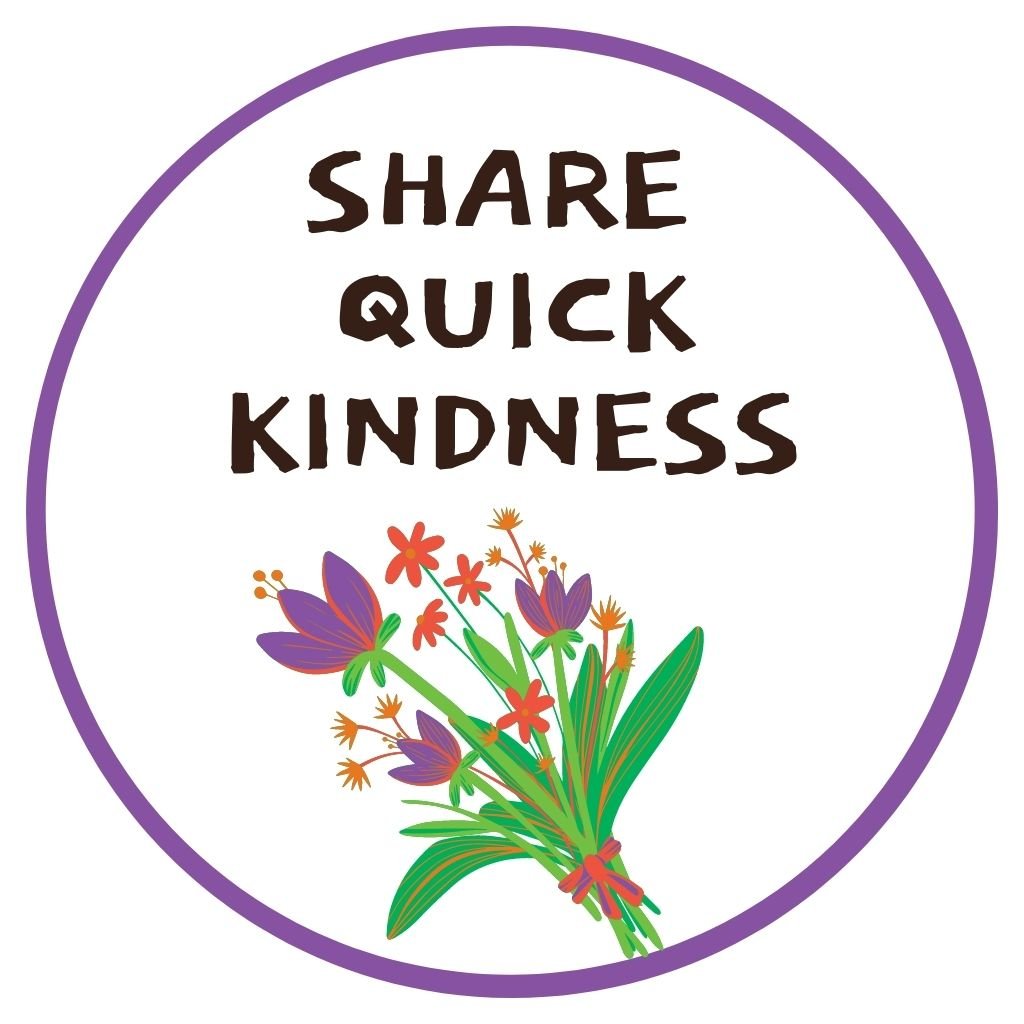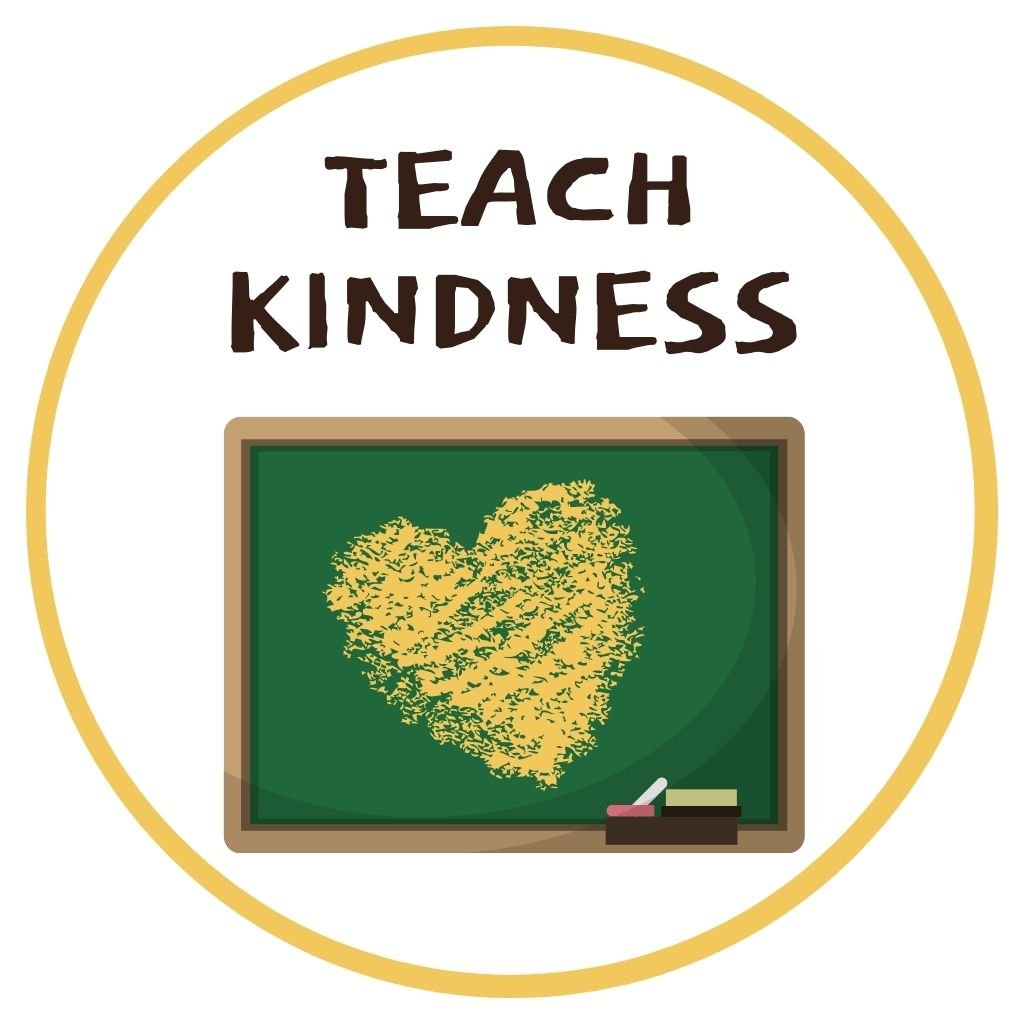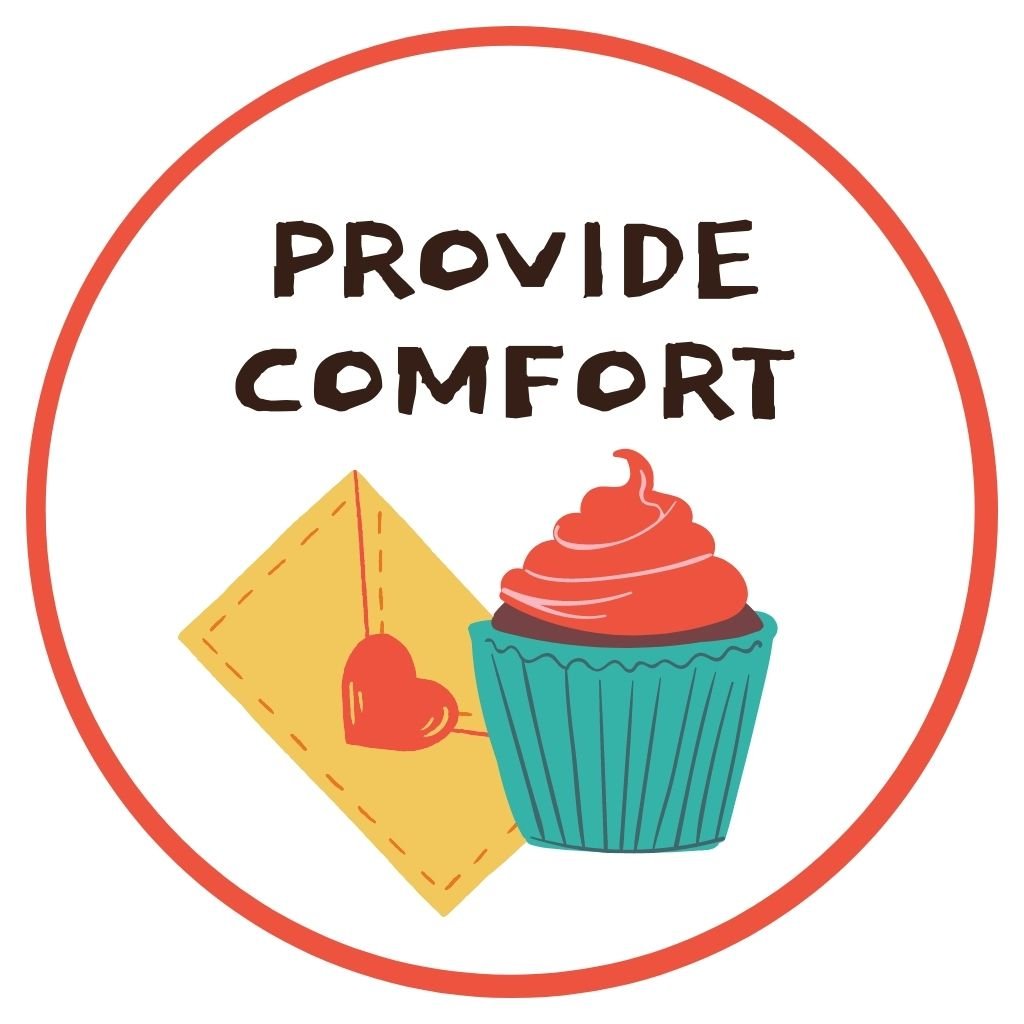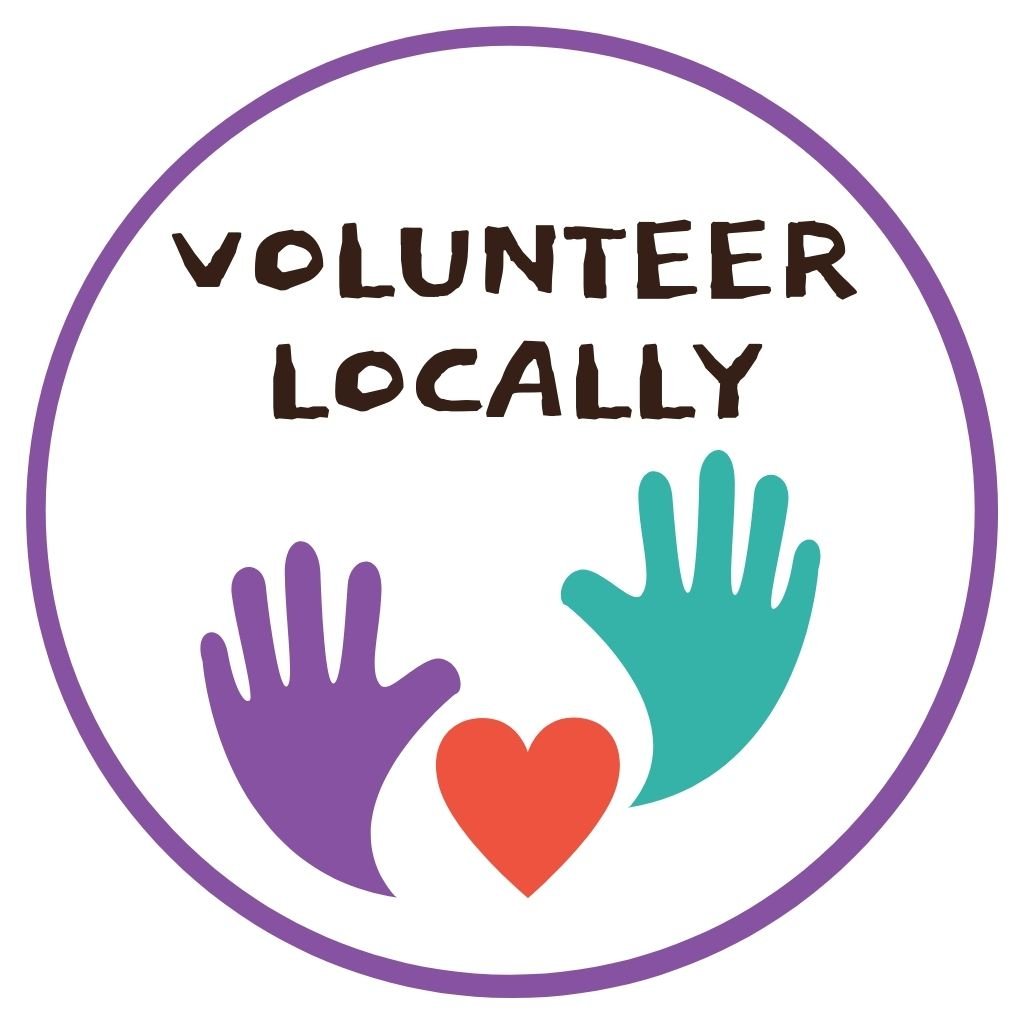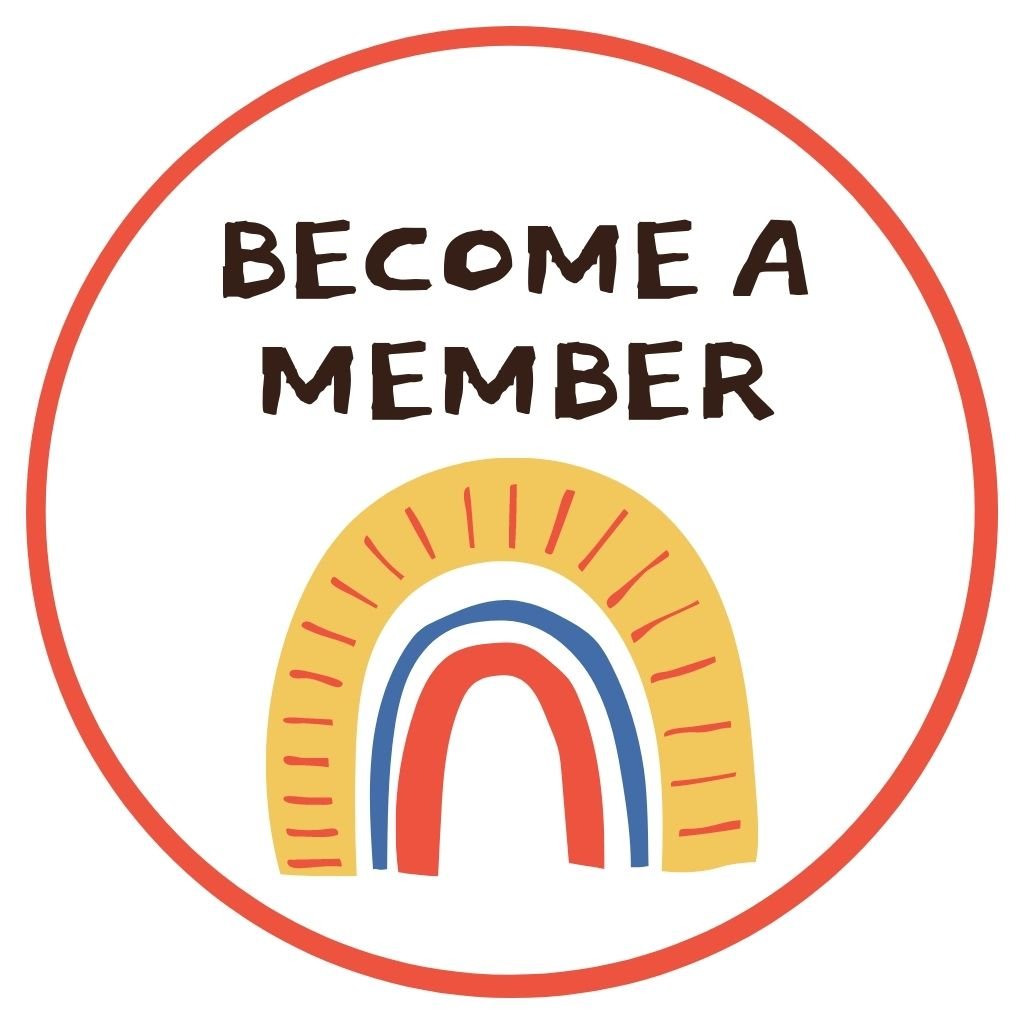Shine Your Light: 5 Strategies to Empower Children by Reinforcing Positive Actions
By: Courtney Juvland, early childhood family educator
People want and need to be seen. It is a fundamental characteristic of humans that we seek opportunities to connect with others in an authentic way. We want to feel noticed and valued as a member of the human community.
Even in cultures that value independence, we cannot underestimate the powerful pull of interdependence and unity that our brain structure pulls us to strengthen in our daily interactions with others.
Think of a young child who is going through the “look-it!” phase–with each action they are calling to their adults to “Look at me!” We adults oblige when we feel able, watching them hop from one stone to another for maybe the dozenth time in five minutes.
Why do children (and, in fact, adults) seek that attention? Because our limbic system is building and strengthening our regulation, behaviors, and responses.
I work with families in an early childhood program that incorporates adult/parent/caregiver education as a component of our weekly sessions. I see evidence every day at work that both children and adults want to be seen. We want to understand AND be understood. This connection is vital to our feelings of safety and happiness, and ultimately is foundational to our ability to work through challenges, think critically, be planful, and other executive function skills.
How can adults use that in-born inclination to shine a light on actions that we wish to reinforce in our children?
5 Strategies to Empower Children by Reinforcing Positive Actions
Dr. Becky Bailey, creator of Conscious Discipline, writes “encouragement allows you to deeply connect with others and to fully appreciate their unique qualities.” But she also warns that general praise can often do the opposite, and offers some advice on noticing others in a way that reinforces the development of characteristics that are vital for Doing Good Together.
1. Notice in a way that resembles taking a picture verbally.
As your kids are helping around the house, stop to notice the contributions your child or teen is making to the household. Ask yourself, “could I capture in a photograph what I’m saying right now?” This helps us to remove the value or judgment we might easily fall prey to making with a rote “good job!”
Instead, you might try saying, “You loaded the dishwasher and wiped up your baking area. That was really helpful.” This specificity adds more meaning to your praise and helps to deepen the connection your child feels.
2. Notice and verbalize how they help others.
If you want to reinforce your child’s kindness, shine the light on their helpfulness in everyday situations. Try saying, “I noticed when you checked with your brother about his science project and offered your Legos to build the model. That was generous!”
This could easily extend to work they’re doing on special projects that help the community or while you’re volunteering together as a family.
Doing Good Together compiles family-friendly volunteer opportunities around the United States each month. See ways to volunteer together!
3. Notice strengths.
You can and should acknowledge the gifts of your young person. Be as specific and descriptive as you can be. For instance, rather than saying, “You’re such a good friend!” you could offer, “When you invited your friend to join you today at the playground, you showed inclusion and kindness. It was very thoughtful of you.” This helps your child not only know that you’re recognizing that they did something good, but also what characteristics you value and see in them. They will want to repeat similar actions in the future.
Looking for simple ways for your child to add kindness to their everyday routine? Check out our 24+ Quick Acts of Kindness guide.
4. Notice progress and efforts.
We don’t always have a big achievement at the end of the day, and that’s okay! Children can learn over time, with our help, that some things take lots of time and practice before we see results. Shine the light on persistence and progress. Try saying, “You wanted to make 50 tie blankets for the shelter. You did a few each weekend, and now we’re up to 20! You’re really dedicated to this cause, and I know you’ll get there.” Encouragement helps your child recognize the progress they've made and see their journey toward their goal.
5. Keep a list and/or have a weekly acknowledgement of helpfulness.
At the end of the week, you could use the list to recap what you’ve noticed to reinforce the good things you’ve been doing together. If your children are old enough to participate, offer them an opportunity to share what THEY’VE noticed, too.
Try using this daily planner template to get started, and help your family stay focused on priorities with these additional resources.
If this approach to giving attention and offering encouragement is new or different for you, give yourself grace and lots of patience as you practice this skill of noticing in a neutral, non-judgmental, yet supportive way.
Dr. Bailey suggests trying to catch yourself before verbalizing judgements three times per day and consciously noticing/encouraging your child at least five times per day. I see parents and supportive adults out there doing the hard work of raising good young people, and I know you’ve got this. Shine your light!
If you like our free stuff, you’ll love our membership program!
Join today and we’ll help you keep kindness on your family calendar all year long, now with access to DGT’s popular member’s only e-books.
Browse our Pick-a-Project collection!
Disclaimer: Doing Good Together™ is a participant in the Amazon Services LLC Associates Program, an affiliate advertising program designed to provide a means for sites to earn advertising fees by advertising and linking to Amazon.com.
The recommendations we offer are based solely on our mission to empower parents to raise children who care and contribute.



